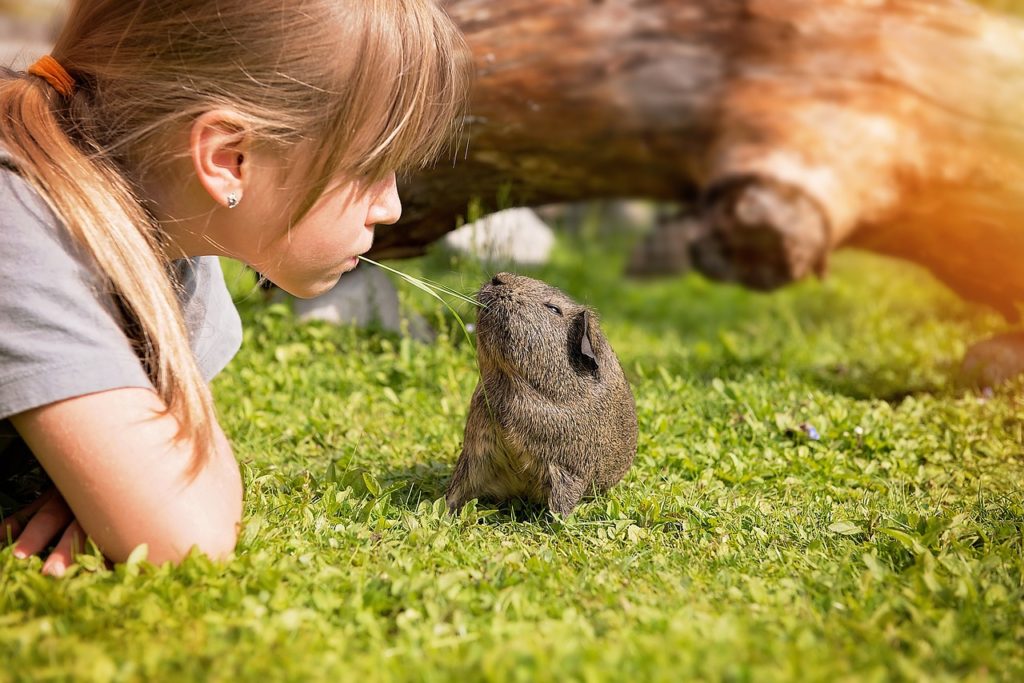
The pandemic has brought pet adoption into the news more often in the last two years. When it first started in March of 2020, millions rushed out to shelters and rescues to take home a furry friend. By the time covid restrictions started to ease, the shelters started to fill up again. Adopting a pet, whatever kind you prefer, should only be considered if you’re willing to take care of the pet for the lifespan of the pet’s life. Returning a pet shouldn’t be as commonplace as it’s become. Before you make the serious decision to take home a pet for you, or your family, here’s what to know before adopting a pet:
Debate with your family, or yourself, why you want a pet. Keep in mind that a pet could be with you anywhere between 12-20 years. Is your family willing to give that kind of commitment to an animal, or is the need to adopt more due to recent circumstances that might change? If you think that you can make the lifelong commitment, do some more research on the pet you want. Learn about the costs associated with adopting, vet fees, and how much care costs (food, treats, play time, toys, trips to the vet, etc). Come up with a proper budget that you can realistically maintain. Learn about the behaviors of certain types of pets, and find the right pet for your family’s situation. If, for example, your family works from home, you may be fine with a pet that needs more attention, than a family who is gone most of the day and would benefit from an older pet that might not need as much love.
Ask yourself if this is the right time for adopting a pet? Do you have a lot going on in your life right now? If your home and work balance are off, you might not be able to deal with a new pet. Bringing a pet into your home is an adjustment for you both. It’s stressful for pets, even under the best of conditions. If you get a dog, the dog may need a consistent training schedule. Make sure you have time to make the home comfortable for your new furry friend.
How will my kids interact with my new pet? There’s nothing sweater than a boy and his dog/cat. But it’s vital to make sure your kids are emotionally mature enough to bring a pet into the home. Are your kids under the age of 6? In some cases, you might not want to adopt a pet if you have really young children, who might not have the maturity to care for a pet, and could make the pet anxious. Some rescues are really good about noting if a pet will do well in a house with children, so read every bio before picking out a pet!
What size of a pet should I adopt? If you’ve made the decision to adopt, consider your living arrangements. Two large dogs, for example, would do better in a ranch home with a yard in Olathe than in a studio apartment in NYC. These kinds of common sense things can sometimes get lost in the excitement of adding a new friend. Some cats and dogs come bonded, meaning you need to adopt both, so if you don’t have the proper room for two, consider a smaller dog or cat that will enjoy your space more than a larger animal.
Make sure to choose the food that’s right for your pet. Yes, in many cases you can pick out anything on the shelf to feed a cat or dog. However, sometimes adopted pets come with medical conditions that require a special diet. Make sure that whatever you feed your new pet is balanced, and mix it in slowly with the food it was eating previously at the shelter or in a foster home. It can take between 5-10 days for your pet to adjust to food diet changes.
You should bring your pet to the vet as soon as you adopt. In some cases, this will happen whether or not you plan it or not. Pet adoptions can bring out certain issues in pets, requiring an early visit to your vet. But even if everything goes smoothly it’s still a good idea to go to the vet as soon as possible. Your first exam will help you establish a relationship with your vet, and go over any potential issues with your new pet. If you’re lucky enough, bring the pet’s medical history and history of vaccinations to make sure that your pet is up to date on all vaccines, some of which are required by law. We can also micorchip your pet, if it hasn’t been done so already.
It’s also important to have a support system in place for your new pet. Be prepared for setback and have some help on hand to help with training and giving your new pet the care it needs. Friends and family who own pets can be a great resource to count on for advise on just about everything. Develop a relationship with a pet sitter if you don’t have friends or family who can help, for the times when you’re away from home and need someone to help out.


